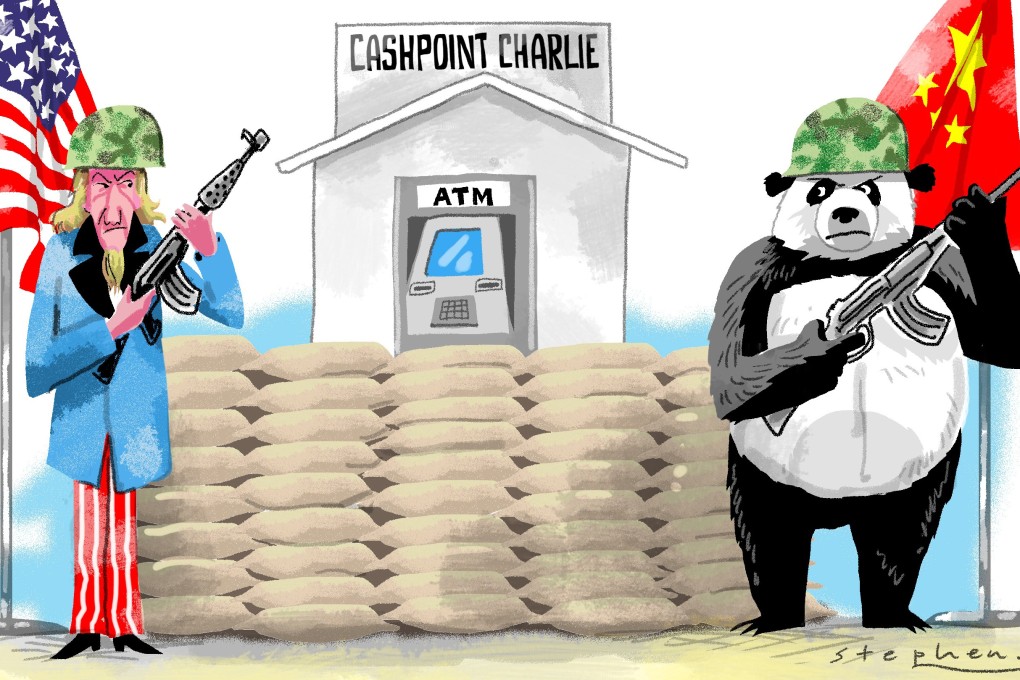Advertisement
Opinion | Donald Trump demands US allies join his Huawei blacklist, but what is he offering in return?
- The Trump administration’s America-first agenda is not compatible with its new cold war, which requires allies to forgo Chinese technology at their own expense
Reading Time:3 minutes
Why you can trust SCMP

It is convenient to call the escalating geopolitical contest between the United States and China a “new cold war”. But that description should not be allowed to obscure the obvious, though not yet sufficiently understood, reality that this new competition will differ radically from the cold war between the US and the Soviet Union.
Advertisement
The cold war of the 20th century pitted two rival military alliances against each other. By contrast, the Sino-American rivalry involves two economies that are closely integrated both with each other and with the rest of the world.
The most decisive battles in today’s cold war will thus be fought on the economic front (trade, technology and investment), rather than in, say, the South China Sea or the Taiwan Strait.
Some American strategic thinkers have recognised this, and now argue that, if the US is to win this cold war, it must sever its commercial ties with China – and persuade its allies to do the same.
But, as the ongoing bilateral trade war shows, this is easier said than done. Contrary to US President Donald Trump’s claim that it would be “easy to win”, that war has imposed such high costs, even as the US trade deficit continues to widen, that Trump now seems to be having second thoughts about further escalation.
If the US, with its strong geopolitical incentive, is struggling to bear the costs of an economic decoupling, its allies, most of which face no immediate Chinese security threat, will resist doing the same. Their reticence is obvious in their response to America’s aggressive campaign against the Chinese telecoms giant Huawei.

Advertisement
